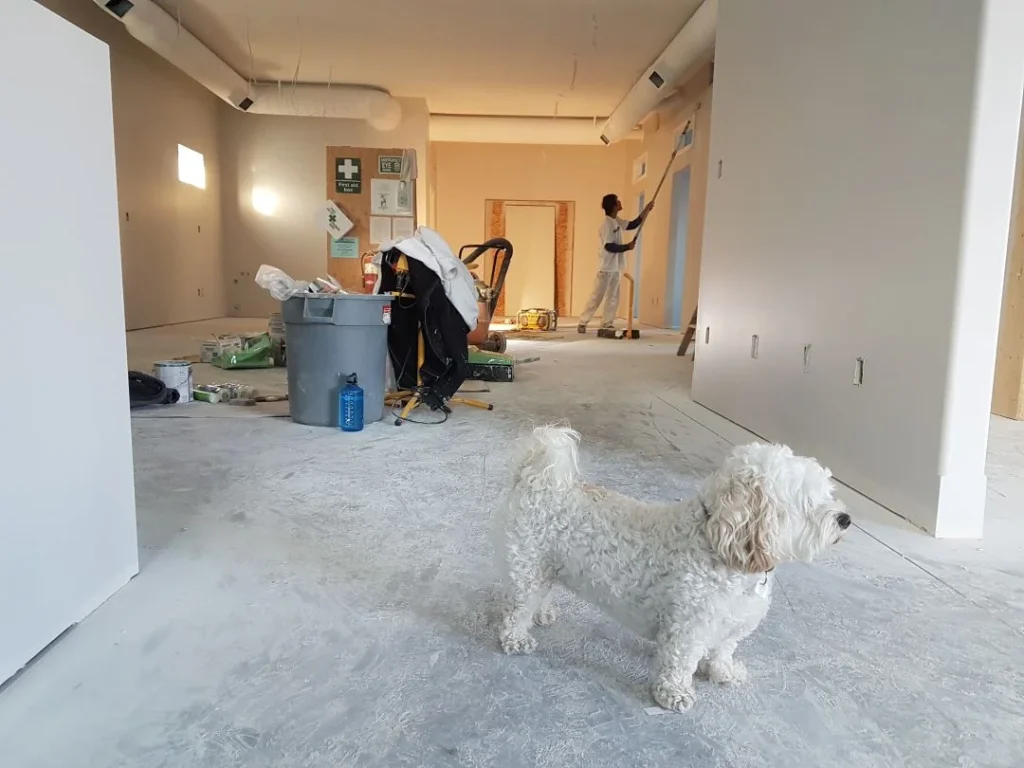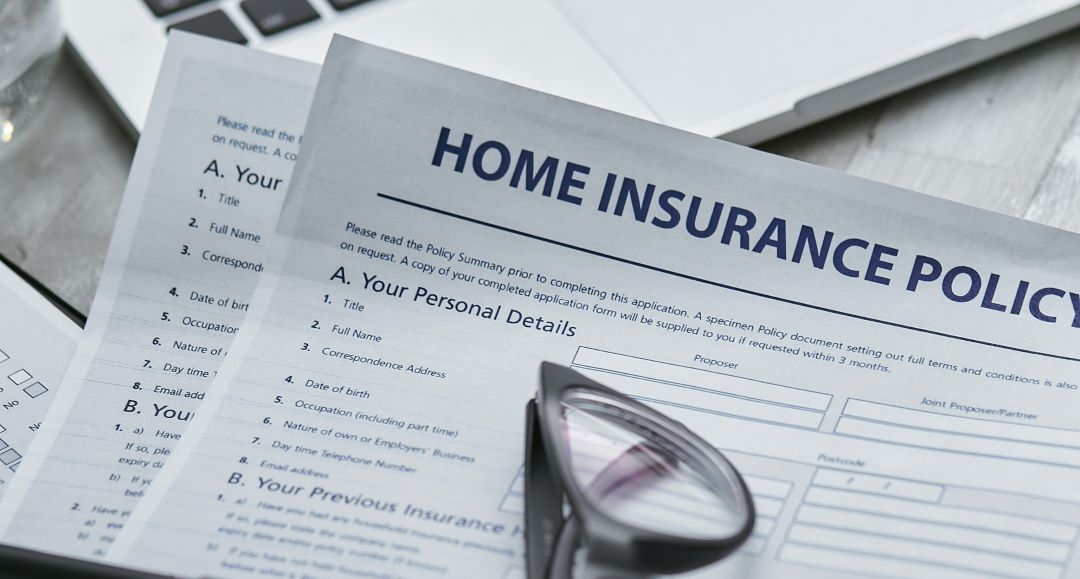As a homeowner, protecting your house and lot investment is your topmost priority. It takes an ample amount of time and effort to work hard and purchase your home to call it your own. And since there is no other reason to lose it, it is crucial to have the right insurance coverage to safeguard it. This is where homeowners’ insurance comes into play. Homeowners insurance is a type of insurance that provides financial protection against damage or loss to a home and its contents. Likewise, it is important to understand the ins and outs of homeowners’ insurance to make the best decision for your needs.
Here are some of the things you need to know about homeowners insurance:
What is Homeowners Insurance for?

Homeowners‘ insurance is important for several reasons. While it provides financial protection against unexpected events that could damage or destroy your home. It also provides liability coverage if someone is injured while on your property. Without homeowners’ insurance, homeowners could end up with a large bill to repair their homes and replace their possessions if they are damaged or destroyed. The homeowner may also be held liable for the medical expenses of someone who got injured while inside their property.
Thus, homeowners’ insurance is indeed a requirement to help every individual financially in these uncertain situations
What are Homeowners’ Insurance Coverage and Policies?

When looking for homeowners’ insurance, it is important to understand the several types of coverage and policies at hand. Standard homeowners’ insurance policies typically include coverage for the dwelling, personal property, liability, and other additional living expenses. The walls, roof, and foundation of your house are all covered under dwelling coverage. Personal property coverage protects your personal belongings like furniture, clothes, and electronics. Liability coverage protects you financially if someone is injured while on your property.
It is important to carefully read through the policy and understand what is and isn’t covered. While homeowners’ insurance typically covers damage from things like fire, theft, and vandalism, there may be exclusions or limitations to coverage. For example, damage caused by natural disasters like hurricanes or earthquakes may not be covered by a standard policy. Homeowners can purchase separate policies for these types of events.
What are the Limitations of Homeowners Insurance?

Homeowners’ insurance policies have coverage limits, which is the maximum amount of money your insurance company will pay out in the event of a claim. It is important to make sure your coverage limits are adequate to cover the cost of replacing your home and personal belongings.
Moreover, liability coverage typically includes legal fees and damages up to the limits of your policy. It is important also to note that there may be exclusions or limitations to coverage. For example, intentional acts of harm to someone or damage to your property may not be covered by liability insurance.
Homeowners Insurance and Your Bank or Mortgage Company
If there is a mortgage associated with your home, your mortgage lender may purchase a policy that has a certain level of insurance coverage and add the cost to your mortgage payment as a condition of a loan. Most lending companies here in the Philippines want to ensure that their investment is protected. Likewise, it is important to work with your mortgage lender to ensure your property has the right type and amount of homeowners insurance coverage.
Homeowners’ insurance can be a complex topic, and that is why it is essential to understand and discuss further with your bank or mortgage lender their coverage and policies before purchasing. Do not hesitate to reach out to your mortgage lender or insurance provider for questions and clarification.
Choosing the Right Homeowners Insurance Policy

Choosing the right homeowners’ insurance policy can be overwhelming, but it is important to take the time to find the right coverage for your needs. When searching for the right insurance, consider things like the type and amount of coverage needed, the deductible that can be afforded, and any exclusions or limitations in the policy.
It is also important to work with a reputable insurance provider who can help navigate the process and answer any questions that arise. Do not be afraid to also ask for recommendations from friends or family members who have previous experience in acquiring homeowners’ insurance, or to shop around for the best rates available.
Tips for Saving Money on Homeowners Insurance

Homeowners’ insurance can be expensive, but there are ways to save money on your policy. Here are a few tips:
Installing safety features
Homeowners can often qualify for discounts on their insurance premiums by installing security systems, smoke detectors, and other safety features in their homes. It makes your home less vulnerable to theft and natural disasters, which can result in hefty insurance claims.
Increase your deductible
Homeowners are responsible for paying a deductible before the insurance company will pay for the rest of the claim. Deductibles can vary depending on the homeowners’ insurance policy and the type of claim. The higher deductible, the lower your monthly premiums. But be certain to afford to pay the deductible in times of adversity.
Bundle your insurance policies.

Many insurance providers offer discounts during the purchase of multiple policies, such as home insurance and auto insurance.
Good credit score history
Maintaining a good credit record could result in significant savings with almost every insurance company. Practice paying your payments on time, it will help to boost your credit score quicker.
Do you need homeowners’ insurance? Do not think twice. Homeowners insurance is an important investment for anyone who owns a home. It provides financial protection against unexpected events that could damage or destroy your home and liability coverage if someone is injured on your property. It safeguards not only your house but also the people you live with.
After all, it is important to understand the different types of coverage and policies available, as well as any exclusions or limitations in your policy. Take the time to shop around for the best rates and work with a reputable insurance provider who can help to find the right coverage for your needs.
Related Blog: Understanding Condo Insurance in the Philippines


